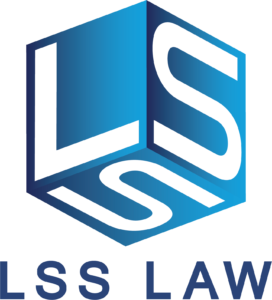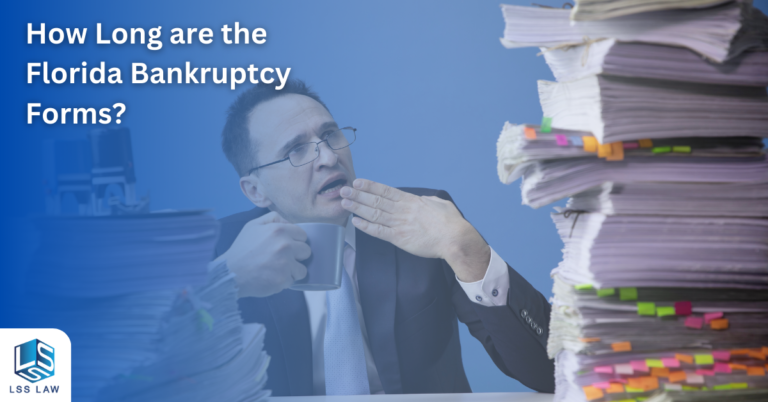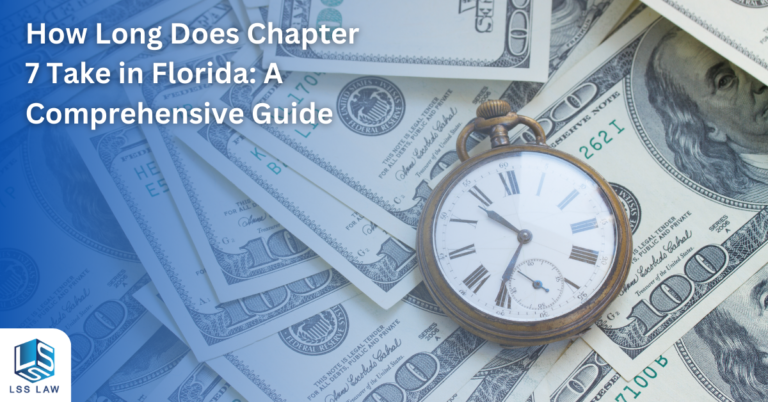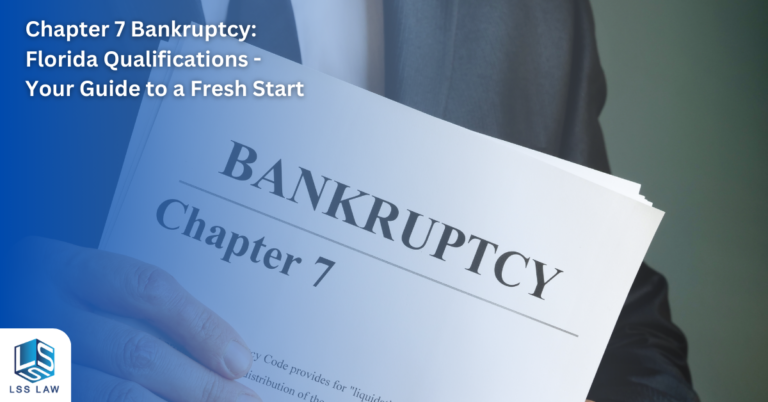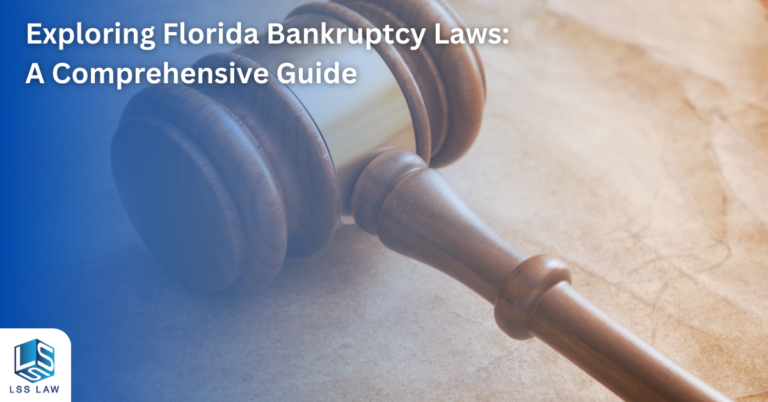We consulted with a divorced woman who rented her home, financed a car that was worth less than the amount due on the loan, and owned personal property valued at $1,850.84.
Our client’s debt totaled $63,895.66, which included $48,896.26 of unsecured claims, mostly comprised of medical bills and credit card debt. One of the credit card companies had obtained a judgment against our client.
Our client was employed. Her monthly expenses ($3,964.96) exceeded her monthly income ($3,746.03) by $218.93. We filed a Chapter 7 bankruptcy case.
Our client owned non-exempt personal property worth $1,850.84, and, since she was entitled to personal property exemptions totaling $5,000.00, all of her personal property was exempt.
Our client was relieved when the trustee filed a report of no distribution. She got to keep 100% of her assets and discharged 100% of her debt (including the judgment)!
This case was a good example of a basic personal Chapter 7 case.
